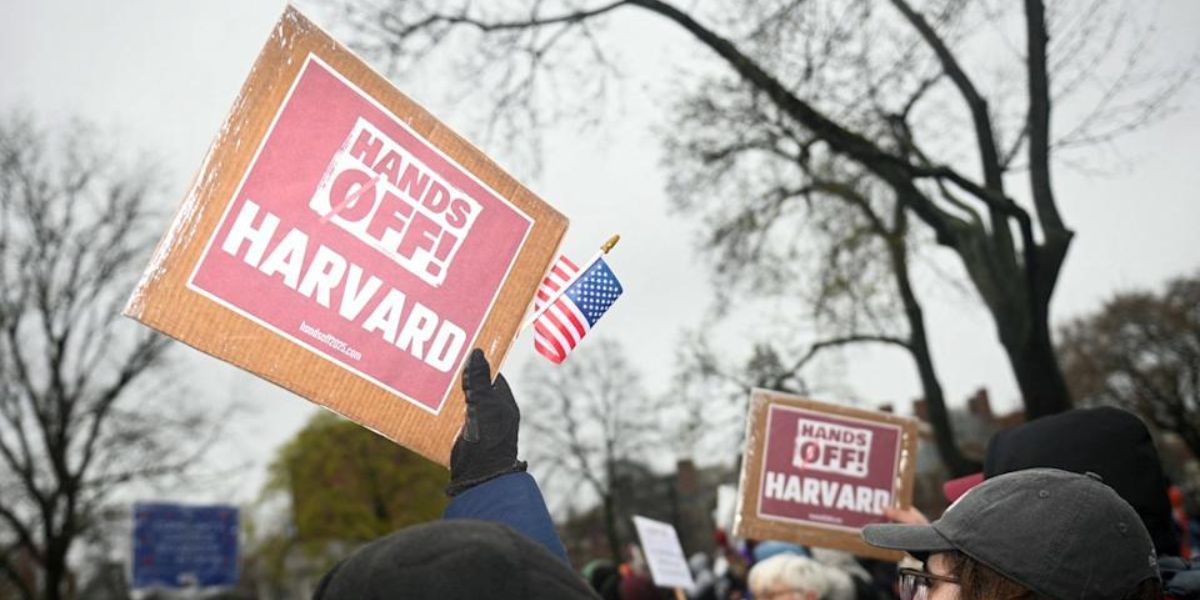A last-minute bargain is what these representatives are attempting to strike.
Before it goes into effect next month, the real estate sector in New York City is making a last-ditch effort to block a new law that would relieve renters of the burden of expensive broker fees.
Earlier this month, the city’s influential association of more than 10,000 real estate professionals, the Real Estate Board of New York, filed a move to halt the Fairness in Apartment Rental Expenses Act until the legal dispute against the bill is resolved.
Here is all the information you require regarding the new regulations, which, barring a federal judge’s approval of REBNY’s motion, will go into effect on June 11.
What is the FARE Act, or Fairness in Apartment Rental Expenses?
The FARE Act forbids brokers acting on behalf of property owners from charging potential tenants a “broker fee.” It was approved by City Council on November 13 with a veto-proof majority of 42-8.
Additionally, it mandates that rental agreements and real estate ads contain any expenses that a tenant is responsible for paying.
The legislation’s proponents claim that by lowering exorbitant upfront expenses for renters, such as broker fees, which, according to real estate website OpenIgloo, generally amount to 15% of the annual cost of a rental unit, it will help alleviate the city’s housing issue.
However, the law’s detractors contend that landlords can still smuggle broker fees onto renters by raising monthly rents.
According to Andrew Lieb, managing attorney of the boutique real estate litigation law firm Lieb at Law, the FARE Act will “forever change” the rental market in the Big Apple.
“It will result in tenants losing access to housing from landlords who simply decide it’s not worth it to be a landlord anymore,” Lieb stated. “New York City is really making it impossible for a residential landlord to operate given the plethora of red tape that needs to be navigated just to sign a lease — and then enforcing that lease is a whole other disaster.”
When will broker fees stop?
According to a Department of Consumer Protection representative who spoke to The Post, landlords will not be allowed to pass on the cost to a tenant after June 11 unless a federal judge decides differently, even if the lease was signed before to the effective date.
One of the rare places where landlords can employ a broker and charge a tenant the agent’s fee is New York City.
Since the court has not yet rendered a ruling, Altagracia B. Pierre Outerbridge, a landlord-tenant attorney in New York, anticipates that the requirement will take effect and that a federal judge is “probably not going to block the law.”
“The fact that a month has passed (and the law is going into effect in two weeks) without the Court doing anything suggests that it doesn’t feel a huge rush to get involved,” Pierre Outerbridge stated.
Read Also: Low-Income Senior Housing in Everett to Shut Down Over Medicaid Budget Gaps
Does this imply that broker fees in general are unlawful?
The FARE Act still permits landlords and tenants to use their own brokers.
However, landlords are not allowed to charge a renter for the services of a broker who is “exclusively representing the landlord’s interests.” Fees for brokers who post listings with the landlord’s consent are included in this.
After the law takes effect, what happens if an apartment contains a broker fee?
After the law takes effect, it will be enforced by the city’s Department of Consumer Protection.
According to City Council documents, the agency is expected to need roughly $500,000 for law-related outreach and education in the upcoming fiscal year.
Read Also: California DMV Policy Shift Allows Out-of-State Individuals to Obtain ID Cards
A $1,000 fine for the first infraction and a $2,000 fine for any subsequent infraction within two years will be imposed on those found in breach of the statute.
After the statute takes effect, customers can contact 311 or go to nyc.gov/consumers to report a violation of the FARE Act.



